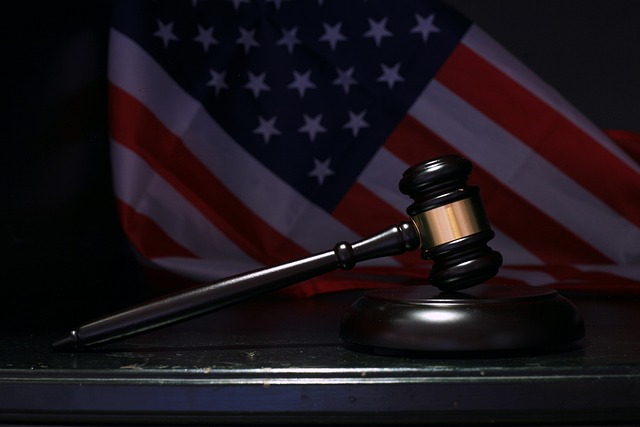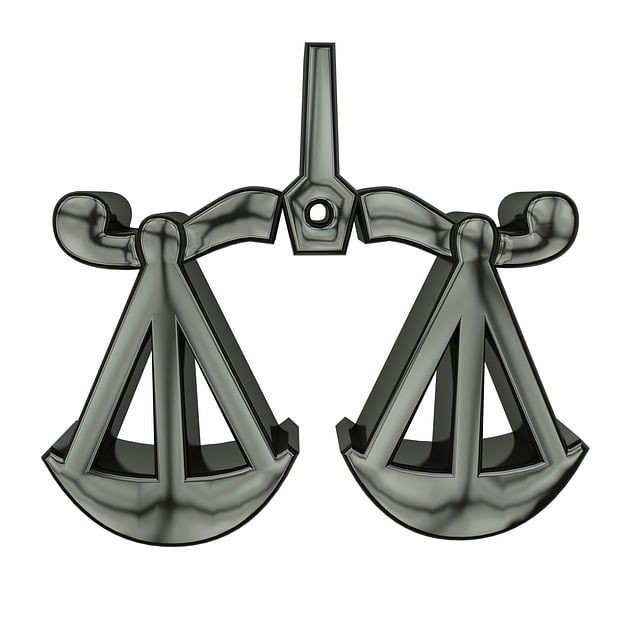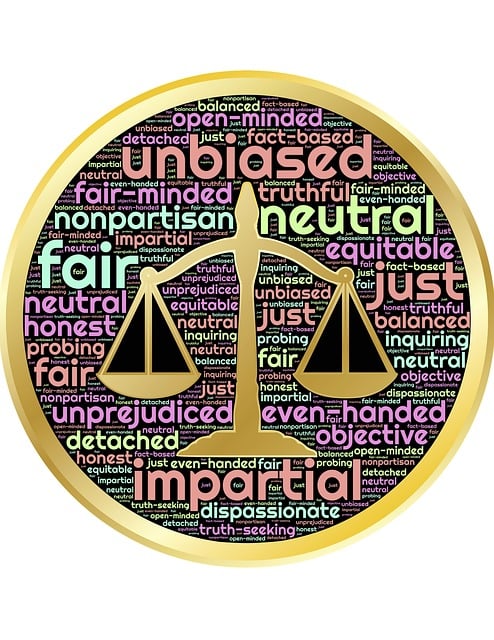Early detection of fraudulent financial practices is vital for successful defense against criminal charges. Stay vigilant, identify red flags, keep detailed records, and understand legal loopholes to protect yourself. A multi-faceted approach includes education, robust security measures, early consultation with a criminal defense attorney, and gathering evidence for strong trial defenses.
In today’s complex financial landscape, fraudulent practices pose a significant threat. This article equips readers with essential tools for navigating this treacherous terrain. We delve into recognizing red flags and early detection strategies, uncovering legal loopholes that hide hidden risks, and providing best self-defense tactics in criminal cases. By understanding these key aspects, individuals can protect themselves from financial fraud, making informed decisions to safeguard their financial well-being.
- Recognizing Red Flags: Early Detection Strategies
- Legal Loopholes: Uncovering Hidden Risks
- Protecting Yourself: Best Practices & Defense Tactics
Recognizing Red Flags: Early Detection Strategies

Recognizing fraudulent financial practices early is a key component of effective self-defense in criminal cases. One of the best strategies for individuals and organizations alike is to stay vigilant and watch out for red flags. Common indicators include unexpected changes in financial patterns, such as sudden large transactions or unusual activity on bank statements. Additionally, suspicious documents like falsified contracts or manipulated reports should raise immediate concerns.
Proactive measures can significantly strengthen one’s position if accused of financial crimes. Keeping detailed records and implementing robust internal controls serve as powerful self-defense tactics. A strong white collar defense strategy often hinges on demonstrating due diligence and the absence of malicious intent, which can lead to a complete dismissal of all charges in certain cases. The unprecedented track record of successful defenses further underscores the importance of timely detection and meticulous documentation.
Legal Loopholes: Uncovering Hidden Risks

Legal loopholes often provide a veil behind which fraudulent financial practices can hide, making them challenging to uncover. These gaps in legislation are like unguarded back doors, allowing those with malicious intent to navigate through and evade detection for extended periods. While it’s an ongoing challenge for regulatory bodies, staying one step ahead is crucial for self-defense against such tactics in criminal cases.
Understanding these loopholes can equip individuals and organizations with the best self-defense tactics during all stages of the investigative and enforcement process. By recognizing where these risks may lurk—whether within complex financial instruments or in the gray areas between regulatory jurisdictions—those involved in philanthropy and political communities can better protect themselves. This proactive approach ensures that justice is not only served but also maintained in a landscape often shrouded in ambiguity.
Protecting Yourself: Best Practices & Defense Tactics

Protecting yourself against fraudulent financial practices is paramount, especially as schemes become increasingly sophisticated. The best self-defense tactics involve a multi-faceted approach. Firstly, educate yourself about common scams and frauds, staying alert for suspicious activities or unexpected communications. Regularly reviewing your financial statements and maintaining meticulous records can serve as powerful deterrents. Secondly, implement robust security measures, such as strong passwords, two-factor authentication, and monitoring your credit reports for any unauthorized activity.
Beyond individual precautions, engaging a general criminal defense attorney early on offers significant advantages. Legal experts can guide you through all stages of the investigative and enforcement process, ensuring your rights are protected. They can also assist in gathering evidence, building a robust defense strategy, and even negotiating settlements, ultimately strengthening your position should the matter proceed to jury trials.
Understanding and recognizing fraudulent financial practices is the first step towards safeguarding your finances. By being vigilant, utilizing early detection strategies, and arming yourself with knowledge about legal loopholes, you can significantly reduce your risks. Embracing best self-defense tactics in criminal cases, such as maintaining detailed records, seeking professional advice, and staying informed about legislative changes, empowers individuals to protect themselves effectively. Remember, prevention is key, and being proactive can help mitigate the devastating effects of financial fraud.






